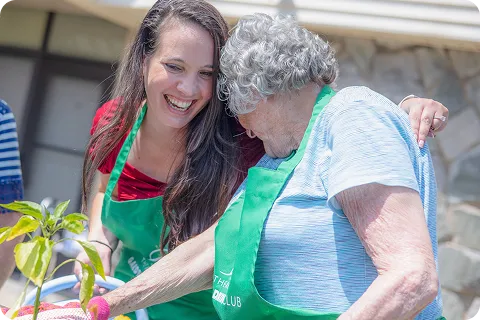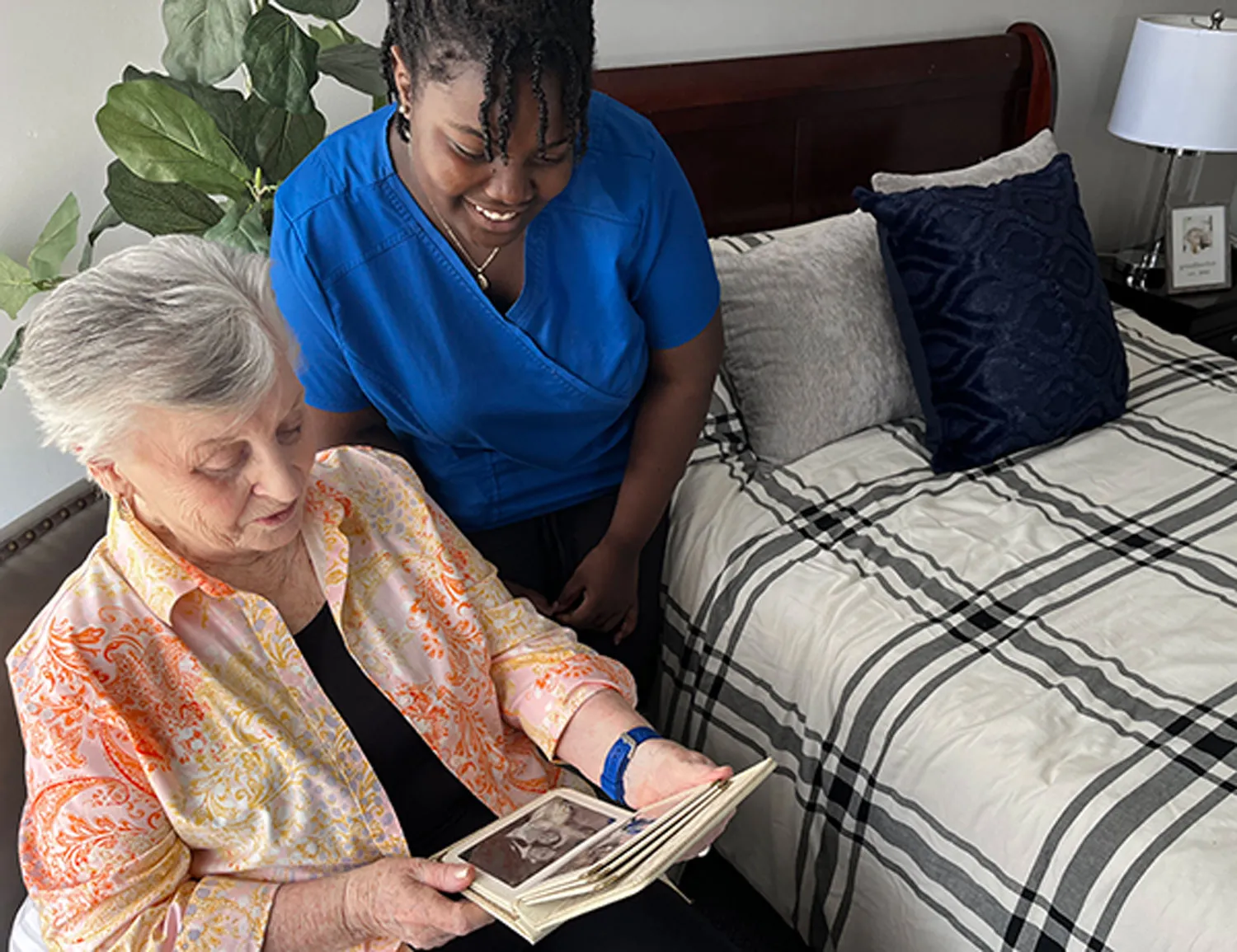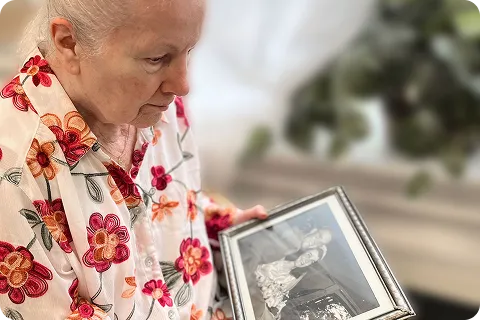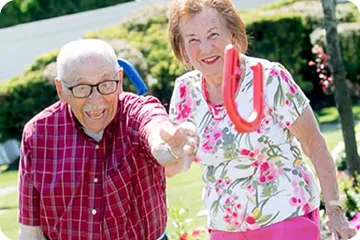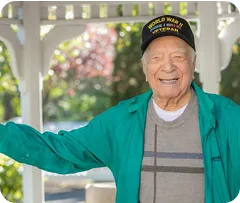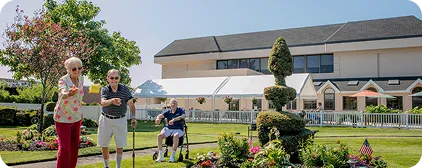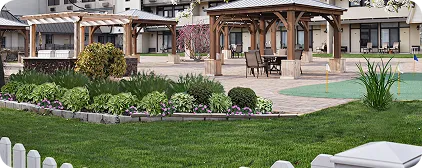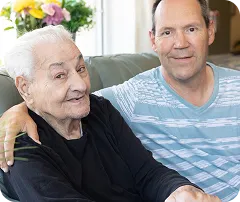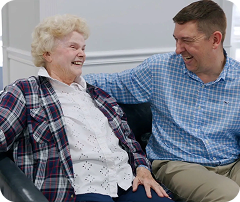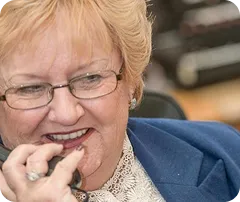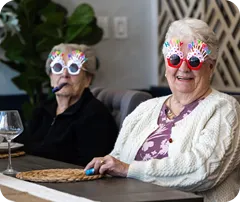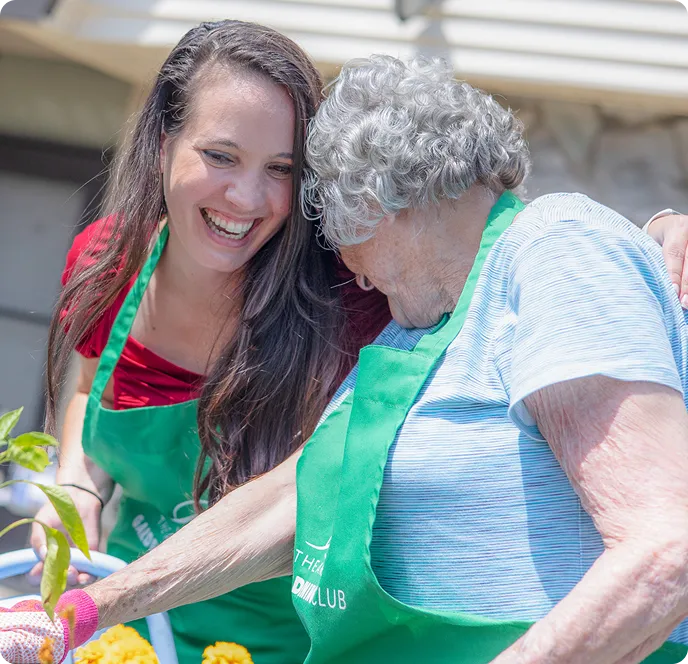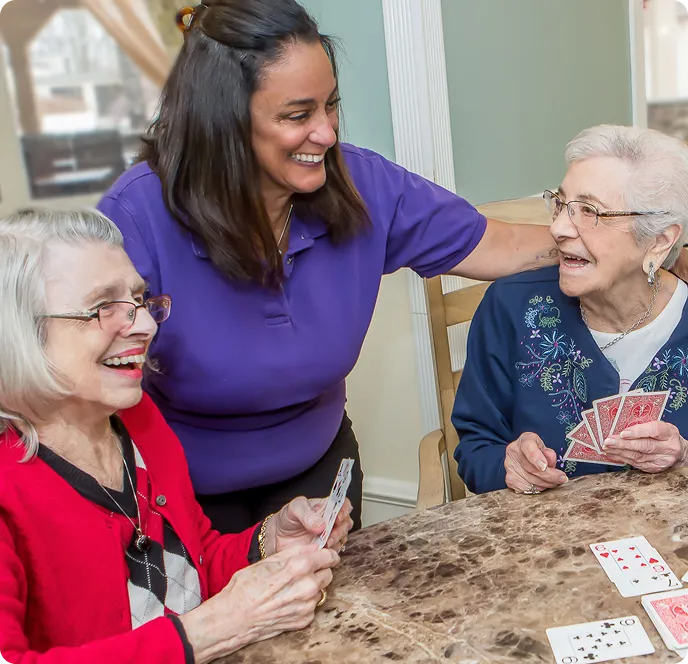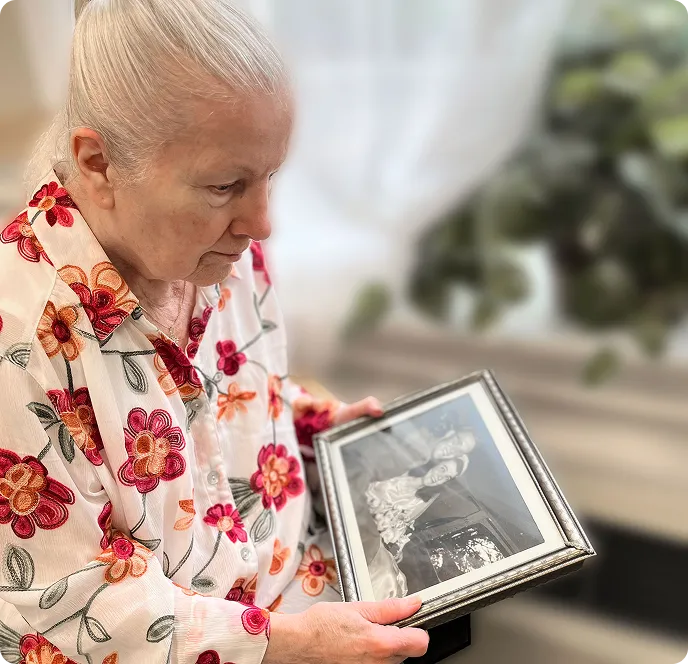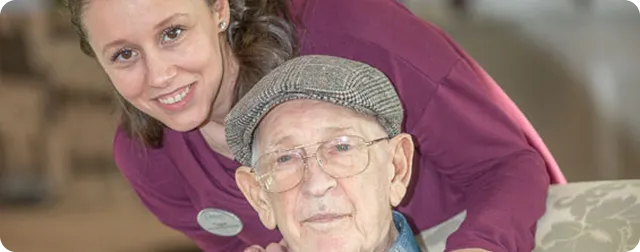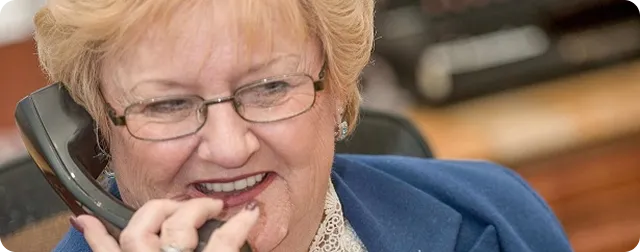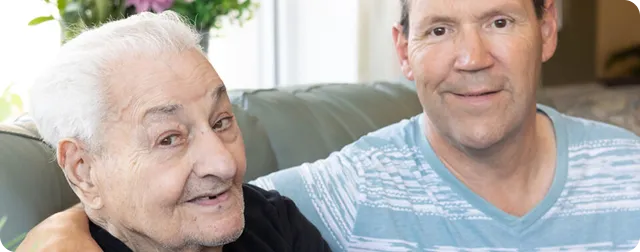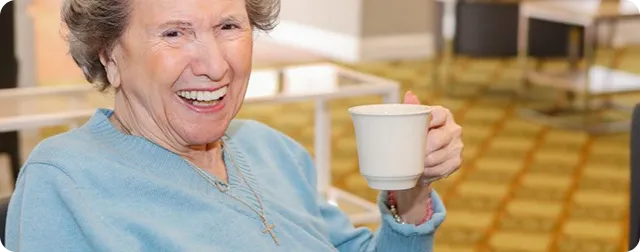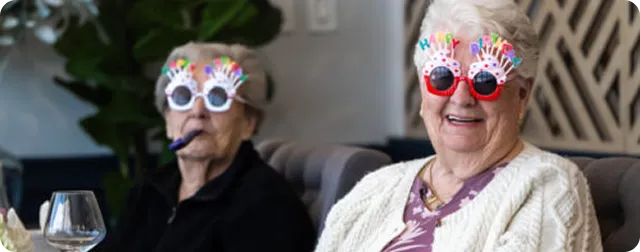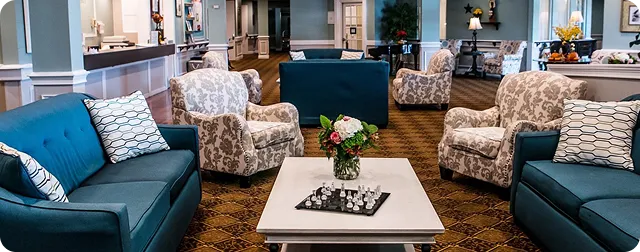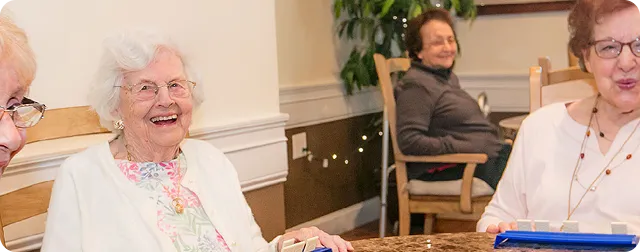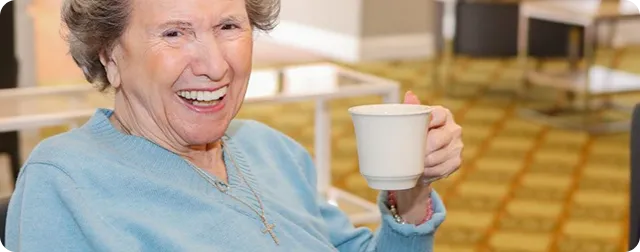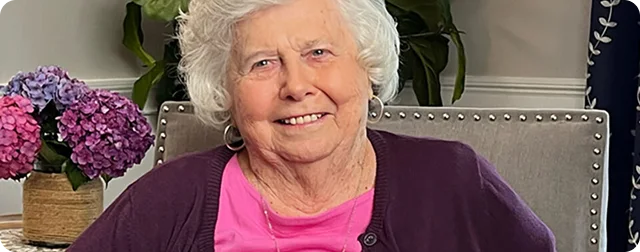(631) 778-7747
Reasons Why Seniors Won’t Eat
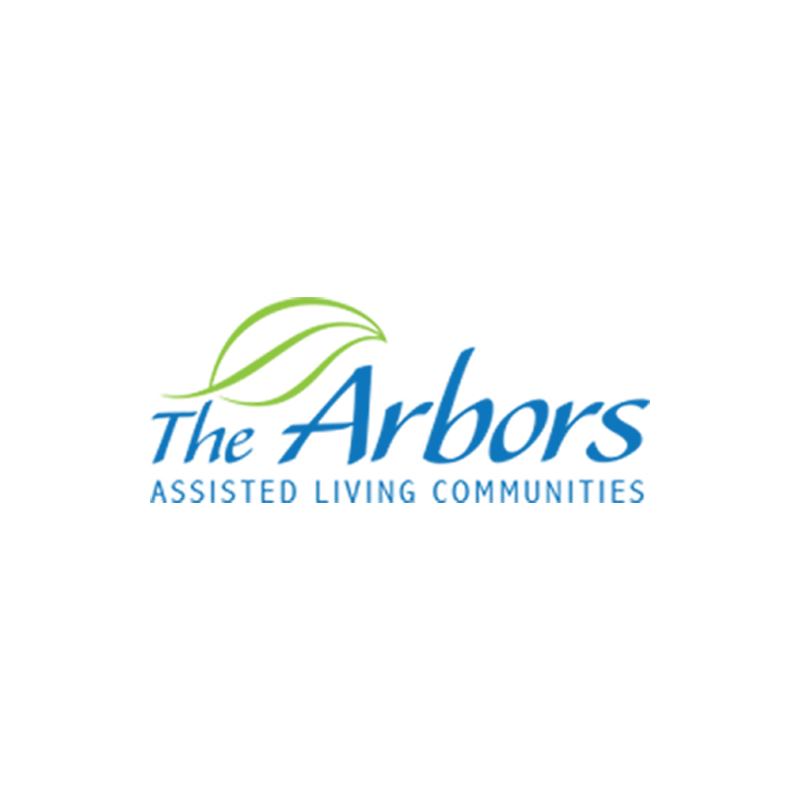
Reasons Why Seniors Won’t Eat
November 7, 2016
Having a balanced and nutritional diet is needed in order to remain healthy, lower your risk of developing diseases, and allow medications to work properly. While eating the right type of food is key, eating in general, is obviously the most important. When your elderly loved ones begin to eat less and less, there could be a logical reason why.
Medication Side Effects
Many seniors have to take daily medications to help combat certain diseases and conditions. Oftentimes, medications will come with a long list of side effects — like loss of appetite. Consult the doctor to see if any medications currently being taken have this side effect and if there are any substitutes available.
The Act of Eating
A strong jaw, healthy gums, and a solid set of teeth are needed to enjoy all types of foods. Seniors who have weak jaws, gum disease, or a pair of dentures might have trouble chewing their food properly. Having pains in your jaw and gums should be addressed by a doctor/dentist and a set of dentures might need to be adjusted. To help make chewing easier, a new diet of softer, nutritious foods might be needed.
Feeling Alone
Eating by yourself can sometimes be a lonely experience, especially for those who are at a higher risk of being depressed. Eating with family members or friends can make a dining experience thoroughly more enjoyable. That’s why dining halls are utilized in assisted living communities. Sitting with your peers can increase chances of discussion and the possibility of making more friends.
When an older loved one stops eating as frequently, look to one of these explanations to help you find the reason why. For other useful tips and information, visit our blog! If you’re interested in learning more, or visiting The Arbors Assisted Living community, schedule a tour by contacting one of our five convenient locations:
Recent News
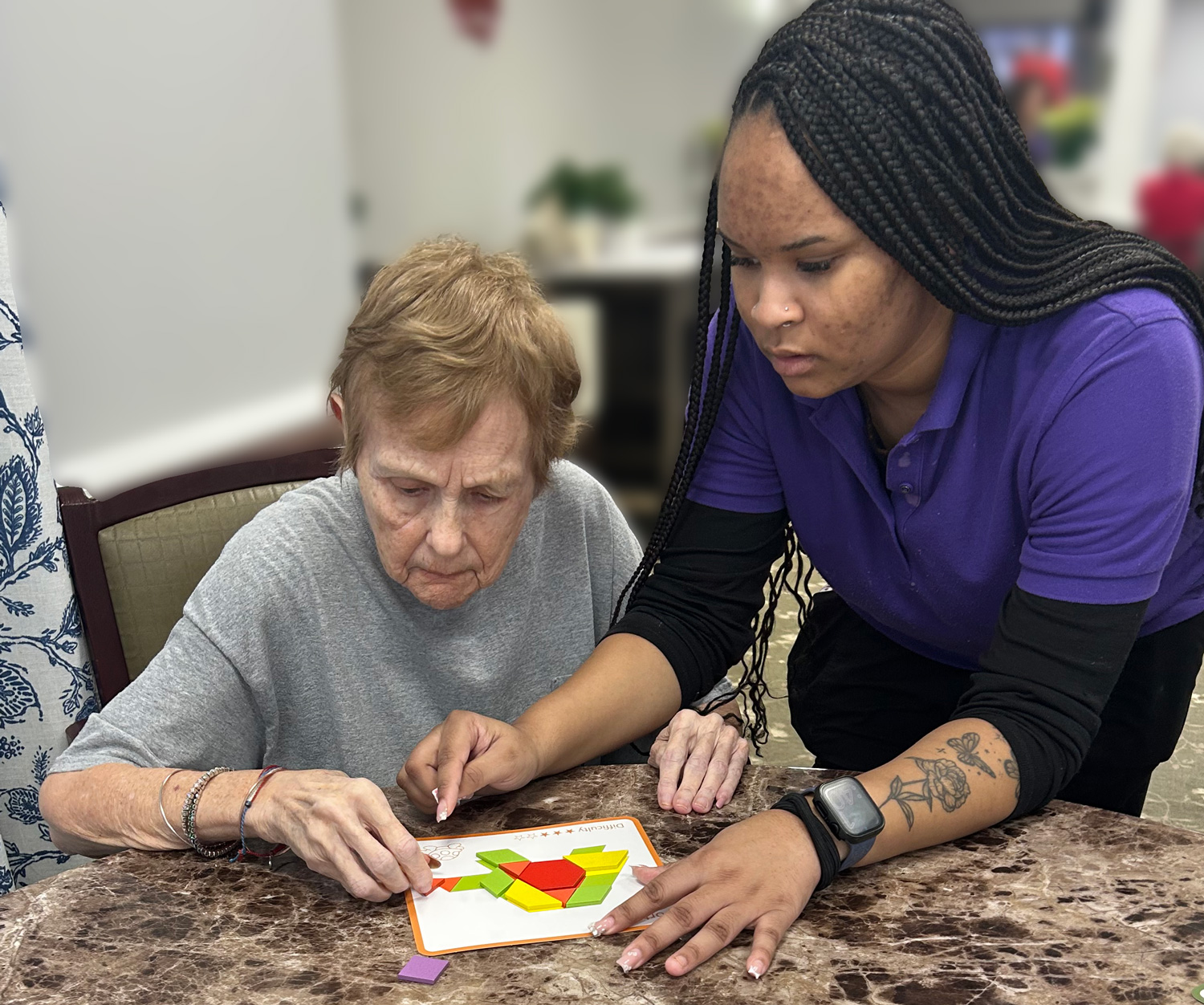
The Power of Touch
February 9, 2026
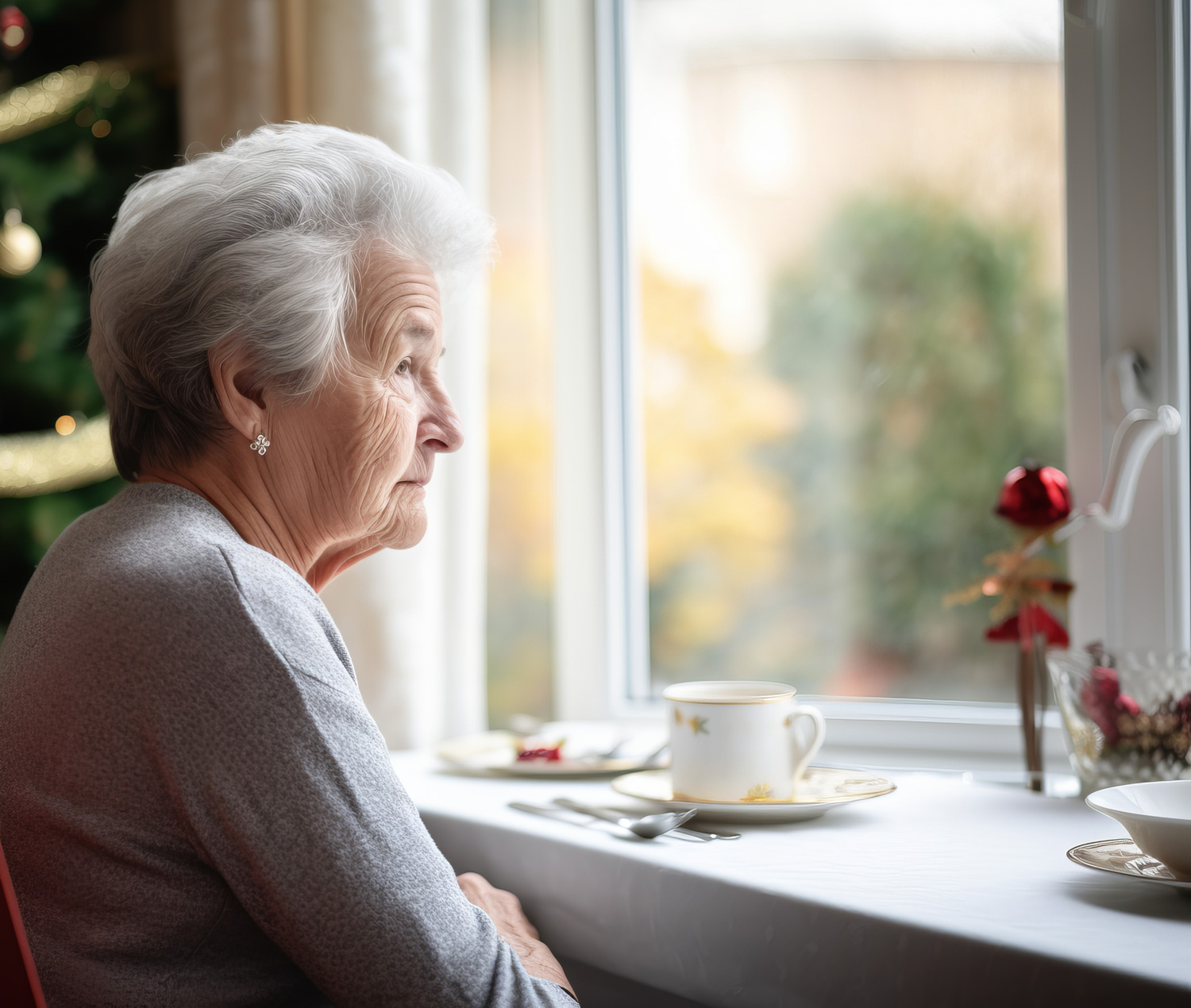
Winter Readiness for Caregivers: Do You Have a Plan?
January 6, 2026
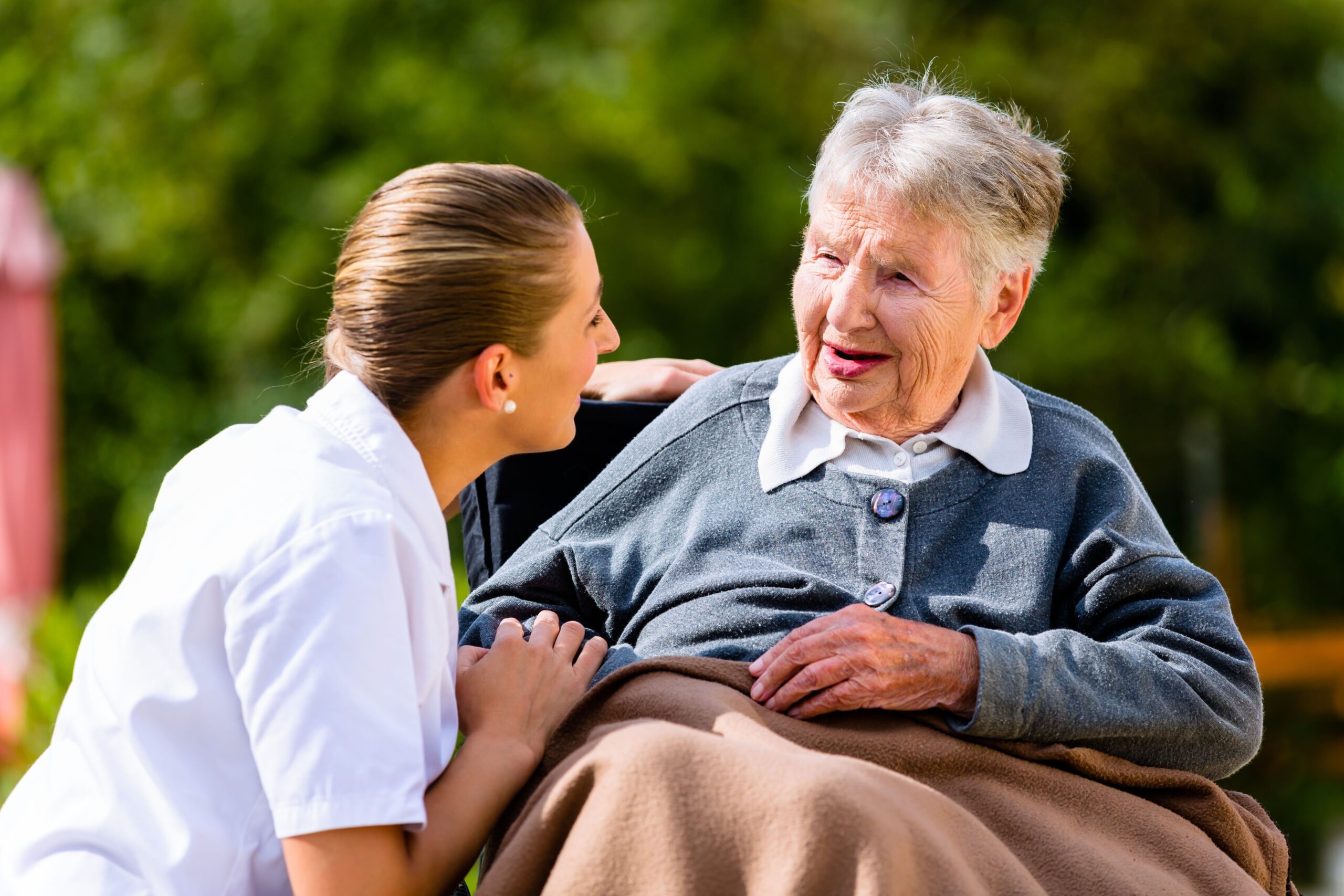
Important Topics to Discuss With Local Assisted Living Centers
November 10, 2025
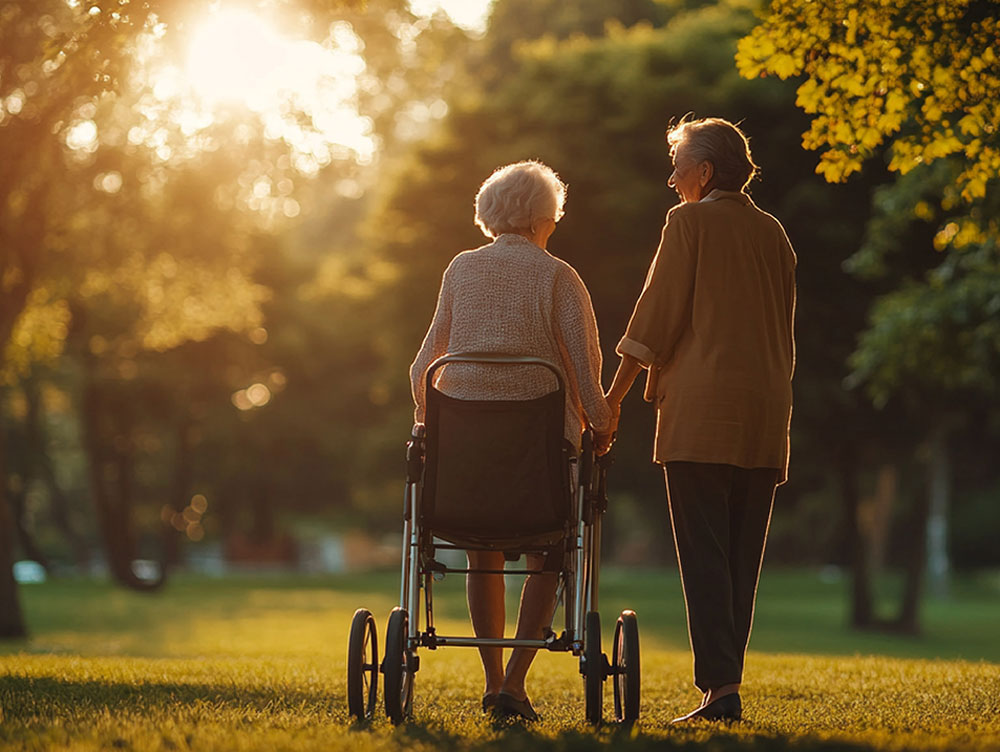
When It’s Time: Helping Your Parents Accept the Need for Assisted Living
October 15, 2025

How to Encourage an Aging Parent to Shower When They Refuse
July 2, 2025
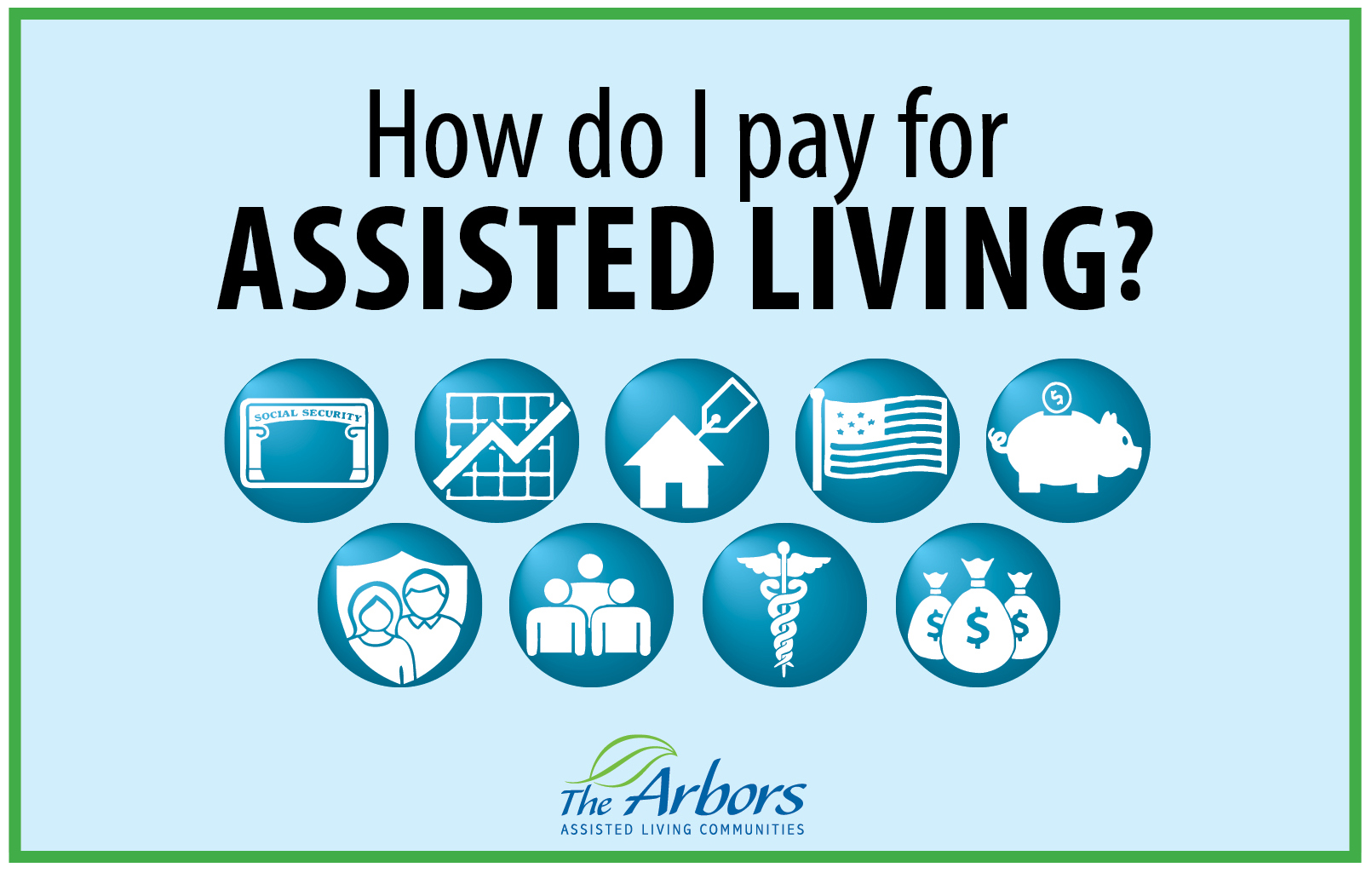
How Do I Pay for Assisted Living
June 6, 2025
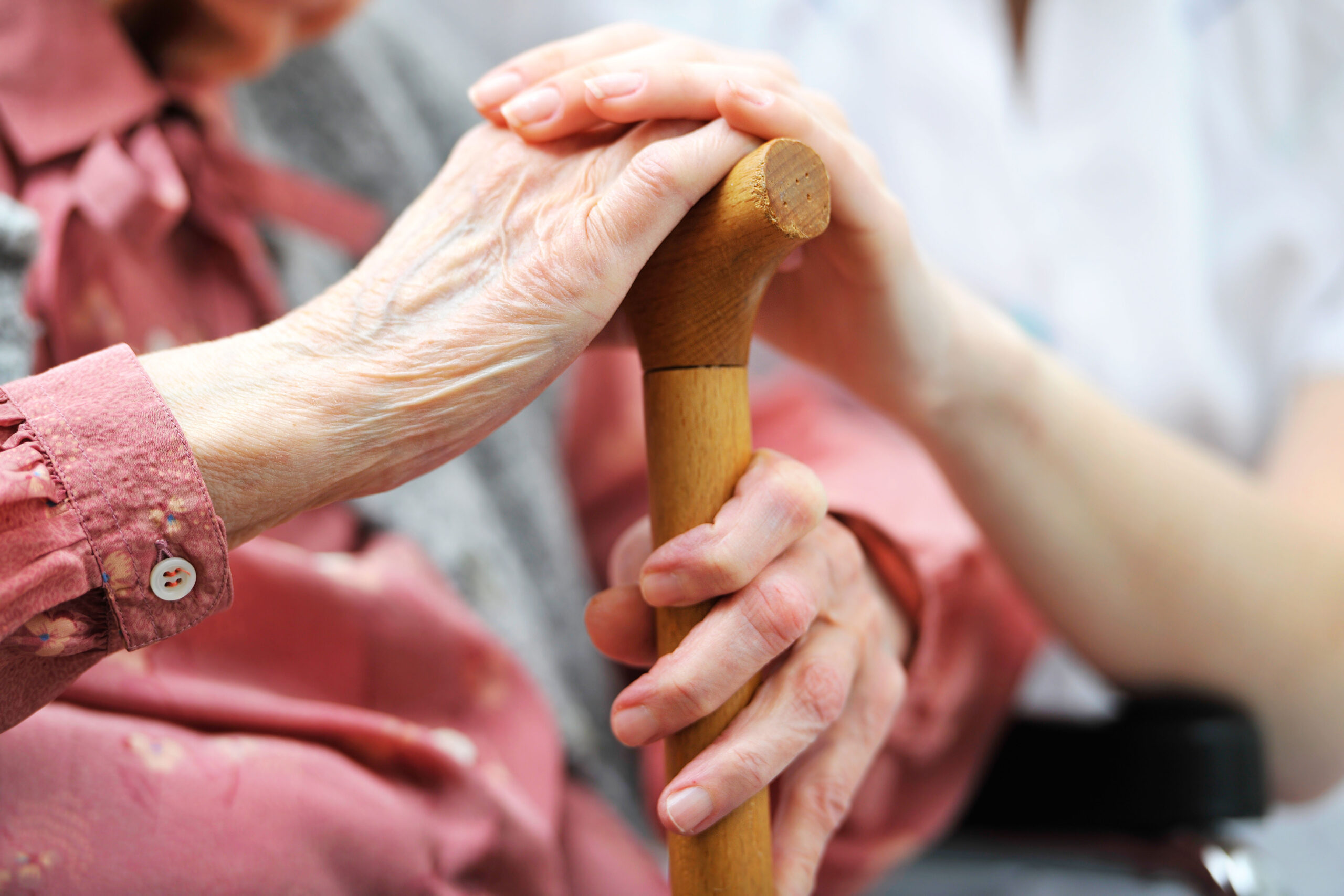
3 Signs You Should Consider Assisted Living
May 15, 2025
GET IN TOUCH
Let’s Talk About Making The Arbors Your Home
REQUEST A VISIT
Schedule a Tour of our Long Island Assisted Living Communities



